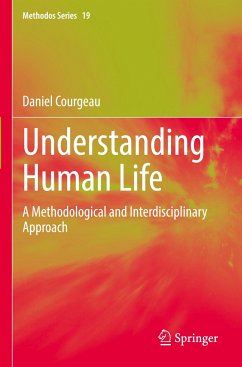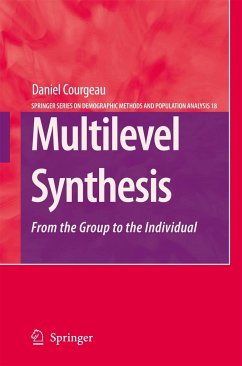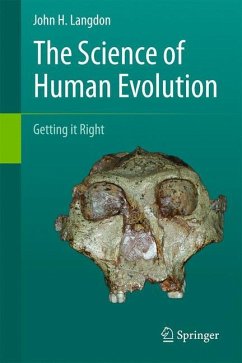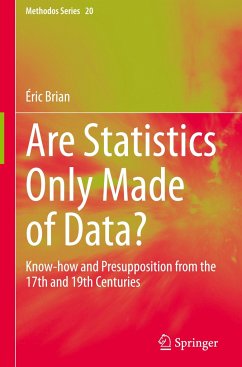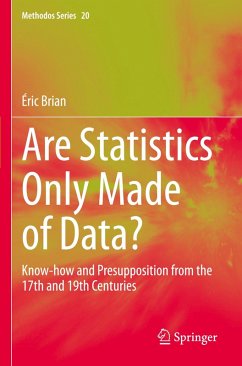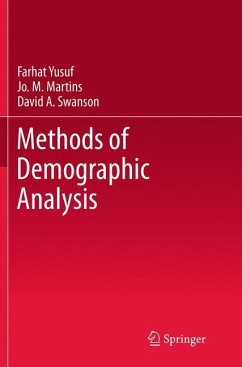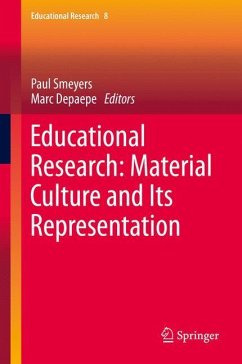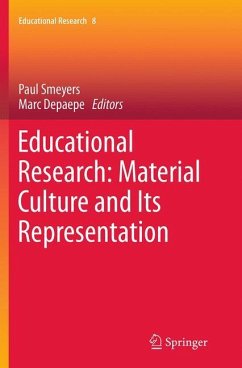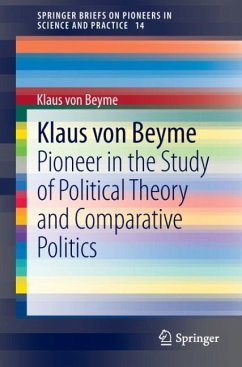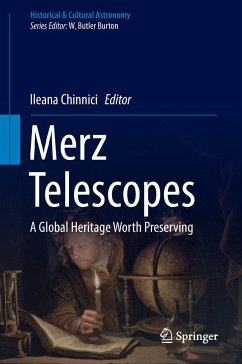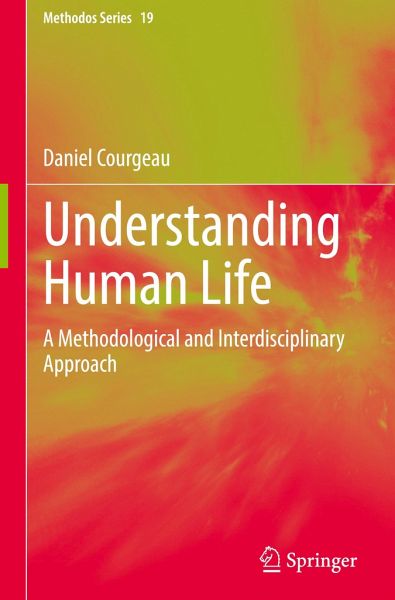
Understanding Human Life
A Methodological and Interdisciplinary Approach
Versandkostenfrei!
Versandfertig in 6-10 Tagen
98,99 €
inkl. MwSt.
Weitere Ausgaben:

PAYBACK Punkte
49 °P sammeln!
This book addresses the challenge of understanding human life. It compares our life experience with the attempts to grasp it by astrologers, eugenicists, psychologists, neuroscientists, social scientists, and philosophers. The main opposition among these specialties lies between understanding and misunderstanding. The book also addresses the central methodological difficulty of capturing a human life.It is first examined how certain approaches may lead to a misunderstanding of human life. The book contrasts the example of astrology-an accepted practice in ancient civilizations, but now classif...
This book addresses the challenge of understanding human life. It compares our life experience with the attempts to grasp it by astrologers, eugenicists, psychologists, neuroscientists, social scientists, and philosophers. The main opposition among these specialties lies between understanding and misunderstanding. The book also addresses the central methodological difficulty of capturing a human life.
It is first examined how certain approaches may lead to a misunderstanding of human life. The book contrasts the example of astrology-an accepted practice in ancient civilizations, but now classified among the pseudosciences-with astronomy, a full-fledged science since Galileo's time. Another, more recent approach regards human life as predetermined by genes: the methods used by eugenicists, and later by political regimes under the name of hereditarianism, came to compete with genetics. A broader analysis shows how astrology and eugenicism are not truly scientific approaches.
Next, the book looks at the ways of capturing an imaginary or real human life story. A comprehensive approach will try to fully understand their complexity, while a more explanatory approach considers only certain specific phenomena of human life. For example, demography studies only births, deaths, and migration. Another crucial factor in the collection of life histories is memory and its transmission. Psychology and psychoanalysis have developed different schools to try to explain them.
The book concludes with a detailed discussion of the concepts and tools that have been proposed in more recent times for understanding the various aspects of life stories: mechanisms, systems, hermeneutics, and autonomy.
It is first examined how certain approaches may lead to a misunderstanding of human life. The book contrasts the example of astrology-an accepted practice in ancient civilizations, but now classified among the pseudosciences-with astronomy, a full-fledged science since Galileo's time. Another, more recent approach regards human life as predetermined by genes: the methods used by eugenicists, and later by political regimes under the name of hereditarianism, came to compete with genetics. A broader analysis shows how astrology and eugenicism are not truly scientific approaches.
Next, the book looks at the ways of capturing an imaginary or real human life story. A comprehensive approach will try to fully understand their complexity, while a more explanatory approach considers only certain specific phenomena of human life. For example, demography studies only births, deaths, and migration. Another crucial factor in the collection of life histories is memory and its transmission. Psychology and psychoanalysis have developed different schools to try to explain them.
The book concludes with a detailed discussion of the concepts and tools that have been proposed in more recent times for understanding the various aspects of life stories: mechanisms, systems, hermeneutics, and autonomy.





